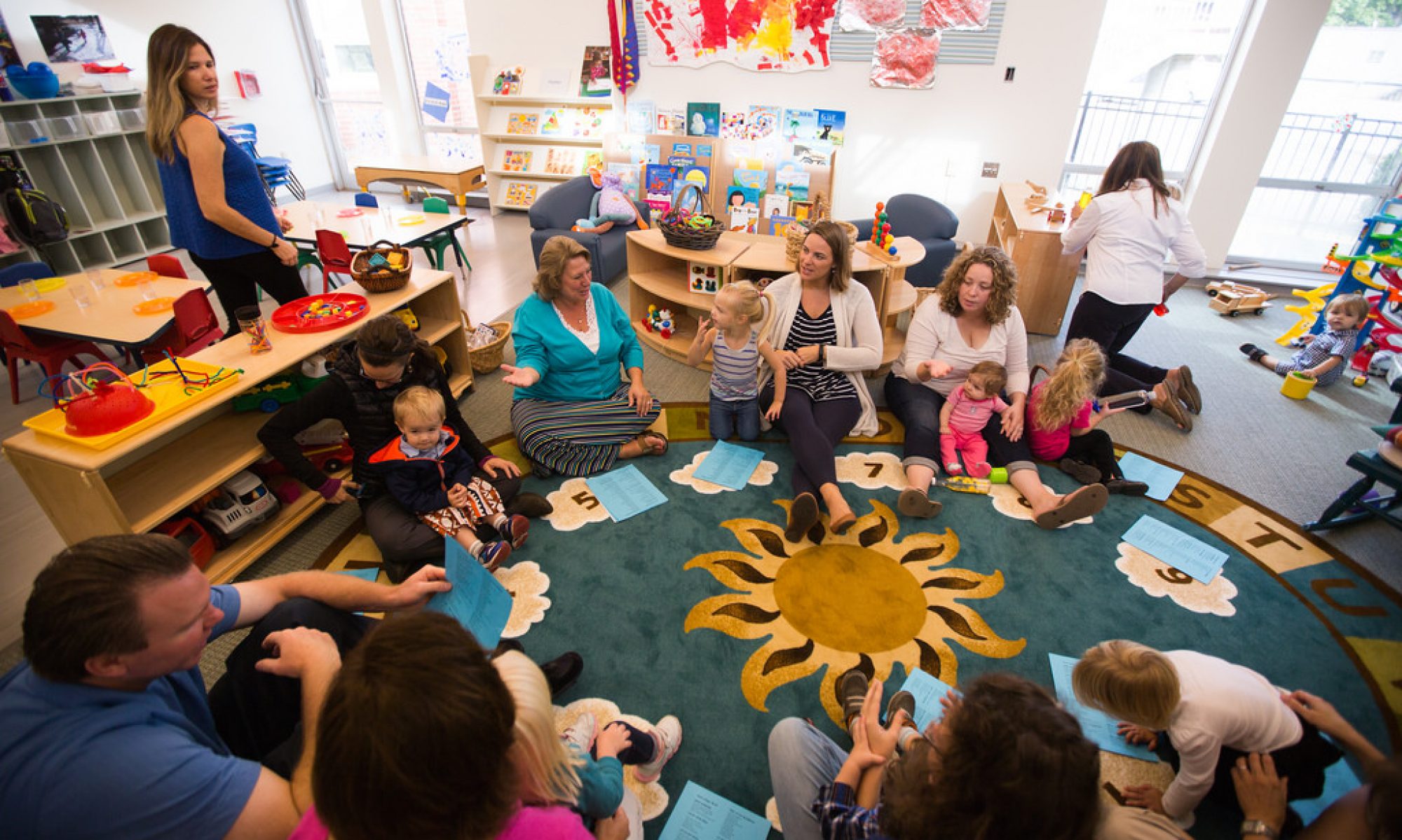Adapted from Mildred Cawlfield’s article, “Moral and Spiritual Values: Can They Be Taught?”
Principia’s founder, Mary Kimball Morgan states:
“In childhood, it is essential that right habits of thought become established – honesty, truthfulness, unselfishness, industry, thoroughness, perseverance, loving-kindness, and all noble qualities which make for Christian character. ‘The corner-stone of all spiritual building is purity’ (Science and Health with Key to the Scriptures by Mary Baker Eddy p. 241). Helping our children to love and express all that is pure and good requires us to keep very close to them and to seek divine wisdom constantly in our association with them.” (Education at The Principia p. 21)
As Christian Scientists, we understand the importance of teaching high moral standards to our young children. A child can learn the joy of being honest, patient, selfless, gracious, and obedient. Being an example for your child is the most important way to teach spiritual and moral values. Children also learn spiritual values as they attend Sunday School on a regular basis. Some families find it prosperous to include time in their daily schedules for spiritual and moral nourishment with their children. Together, qualities such as truth and love are talked about and ideas are shared as to how they can be practiced and applied during the day. Reading bible stories from children’s bibles and books such as God’s Gifts or Who’s Afraid, Not You!, singing hymns and discussing the inspiration found in them, sharing stories that emphasize spiritual qualities, and memorizing simple truths from The Holy Bible and Mrs. Eddy’s writings are wonderful tools to use on a daily basis with your children. Keeping these experiences short, simple, and engaging for the child will not only yield valuable learning experiences, but will also create memorable, happy, and inspiring togetherness as a family.
Challenges can be discussed and examined more objectively during these special times together. Children have had time to calm down, are ready to listen to spiritual truths, and are receptive to spiritual solutions. More effective teaching takes place when children and adults are composed and emotions are not involved. For example, a mother was distressed about frequent arguments which seemed to arise between her two young children. She had talked to them and had used methods such as having the children talk through the problem and working to seek a peaceful solution, separating them, and even on occasion, just letting them “fight” it out – which didn’t seem to solve anything! Finally, the mother decided to use these incidents as examples during the family’s inspiration time and apply the tools to help solve the problems and teach spiritual lessons. The children talked about how they felt when they were arguing, what they were arguing about, and shared ideas on how they could handle things differently the next time. They studied relatable stories from The Bible such as Nehemiah refusing to leave his work in spite of taunts from the enemy. This helped them see that real strength and courage is shown when one prevents a fight from happening, avoids an argument, is loving towards their neighbor, and practices the Golden Rule.
After having this spiritual lesson time together, the parents would comment on the children’s strength or courage when they observed the children defusing a conflict and expressing genuine brotherly or sisterly love towards one another. The children realized they were much happier, too!
